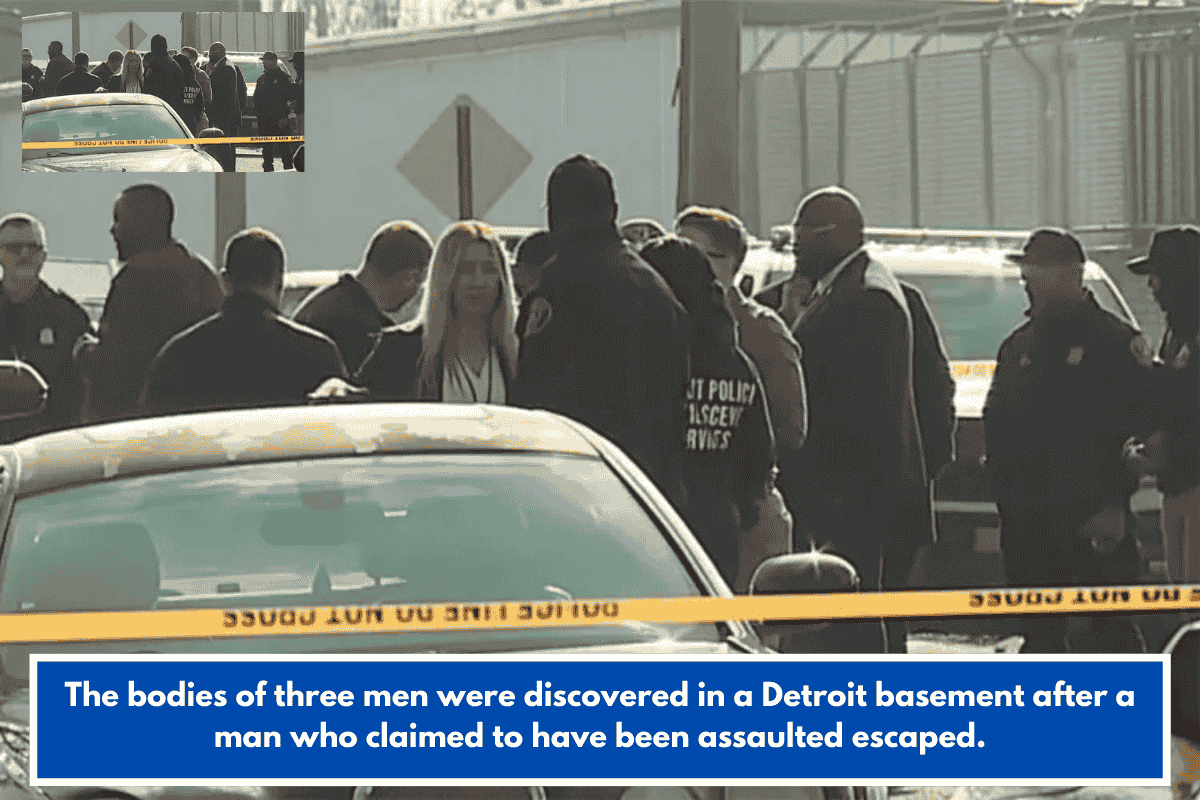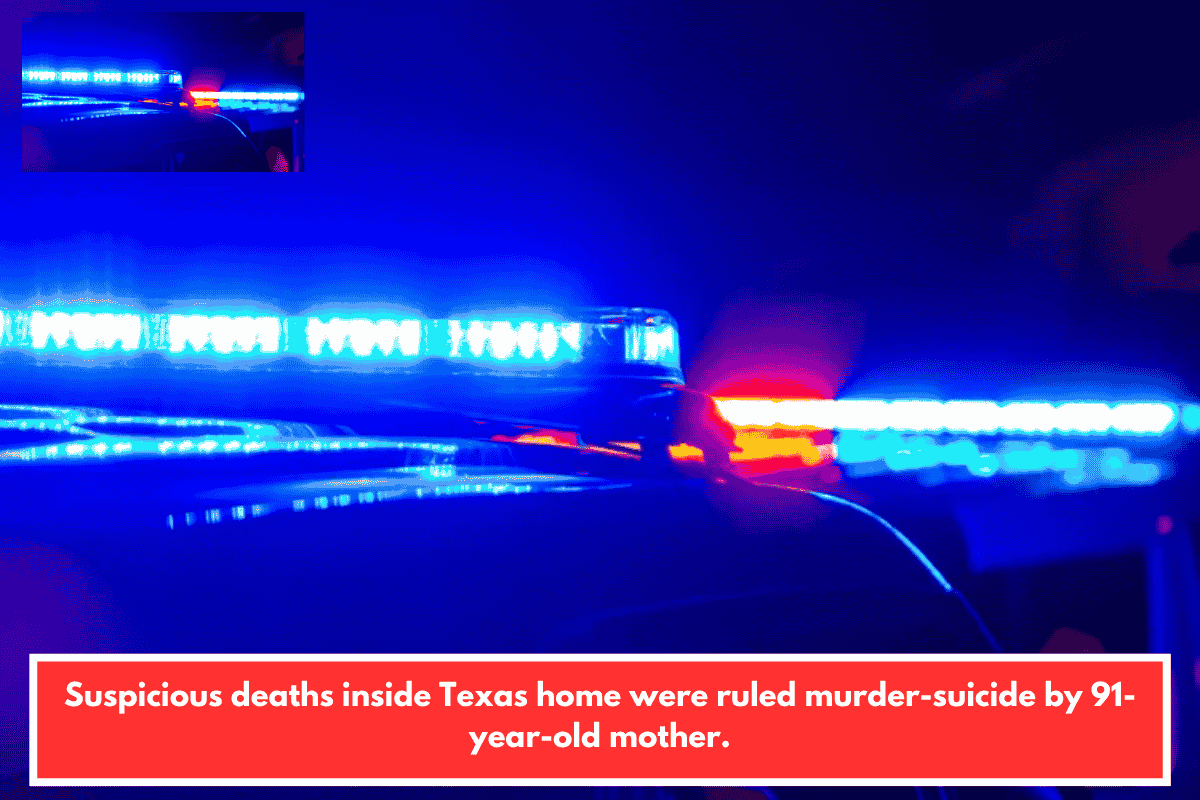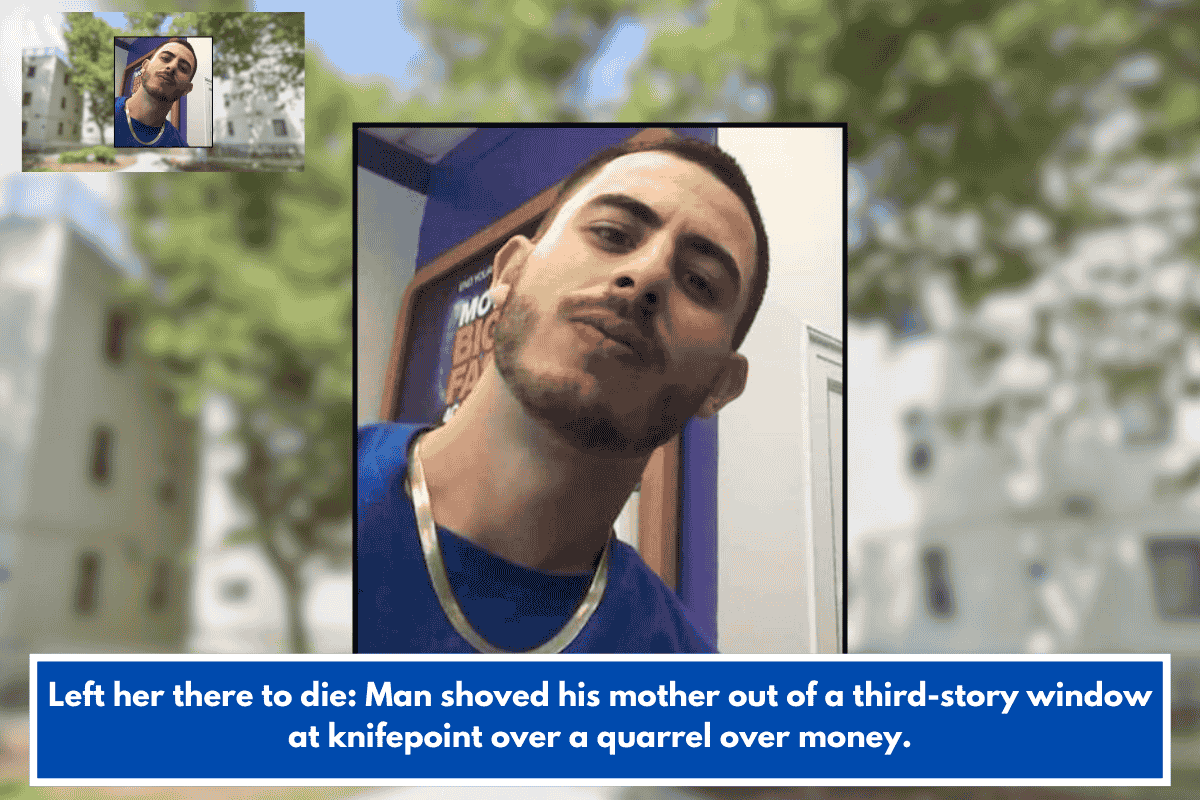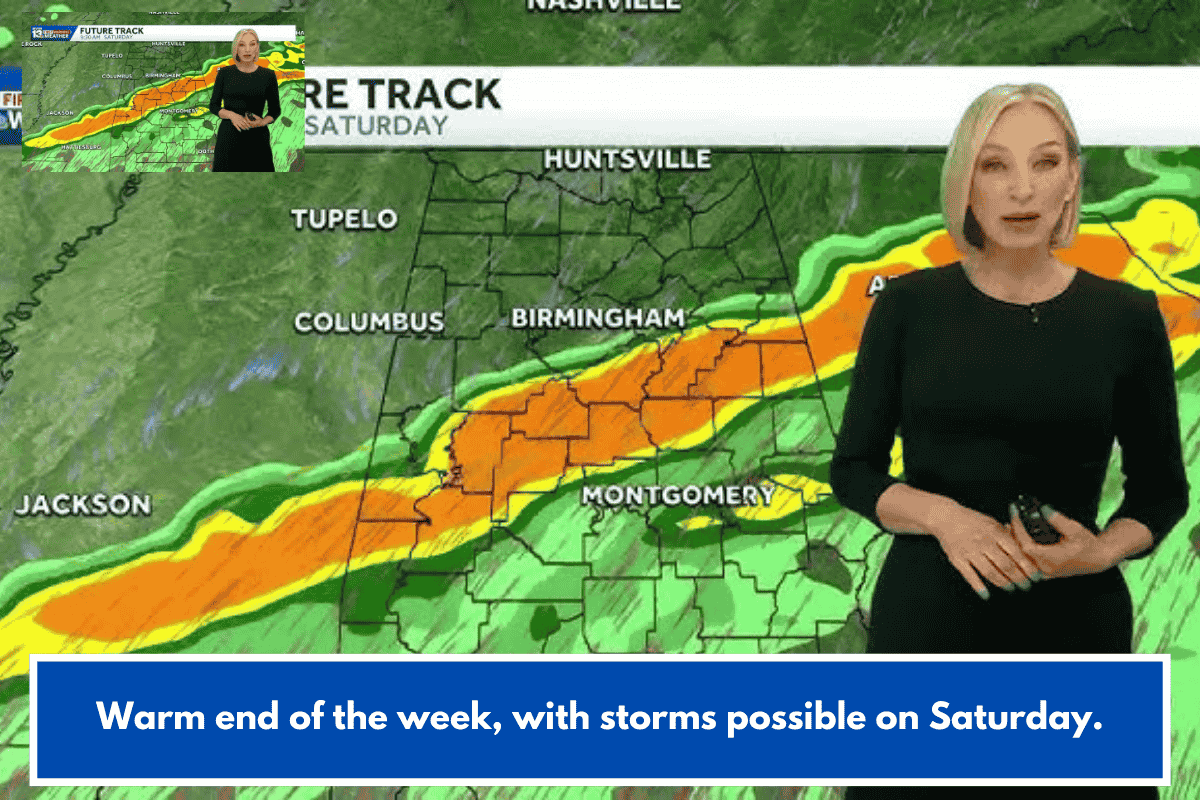Every year, more than 400,000 people in North Carolina become victims of crimes. These victims go through emotional, financial, and physical pain. For a long time, the legal system mainly focused on the rights of people who were accused of crimes, and victims often felt ignored. But things are changing. North Carolina has made updates to its Crime Victims’ Rights Act to make sure victims are treated with fairness and respect.
Some prosecutors were against the new changes at first. They said they already followed good practices and worried that the new rules might give victims too much control or raise costs. However, victims’ support groups, like the North Carolina Victim Assistance Network, supported the changes. They felt the system needed to better protect victims and make sure their voices were heard.
So, what rights do victims now have? And what can they do if they feel those rights are ignored? Let’s break it down.
Who is Considered a Crime Victim?
Under North Carolina law, a crime victim can be:
- The person who was directly harmed by the crime
- A family member or guardian of the victim, if the victim died due to the crime
This law applies to:
- Felony crimes against people or property
- Serious misdemeanors involving threats or stalking
What Police Must Do for Victims
When a crime is reported, the police must act within 72 hours. They must give victims:
- Information about possible financial help (compensation)
- The address and phone number of the district attorney’s office
- Contact info for follow-up if no arrest is made in six months
- Info about the suspect’s pretrial release
- A form where victims can choose if they want updates about the case
If someone is arrested, the police must tell the victim within 72 hours and also inform the prosecutor’s office.
What Happens in Court?
During court hearings, judges and court officials should:
- Ask if victims want to speak
- Try to seat victims away from the accused and their families
- Let victims share their feelings through statements
Prosecutors must:
- Share contact details of a witness assistant
- Give victims a chance to talk about the case
- Help victims write or submit impact statements
- Inform victims about their rights and safety measures
What if Victims Feel Ignored?
One of the biggest changes in the updated law is that victims now have a legal way to raise complaints if they believe their rights were ignored.
The process:
- First, write a letter to the district attorney explaining the issue
- If no proper response, victims can request a hearing before a judge
These hearings are still rare. In some counties like Mecklenburg, Wake, and Orange, none have happened yet. However, in Durham, two cases went through hearings in November 2024.
In one case, a woman who was strangled by her former partner felt ignored when the prosecutor didn’t take her statement or keep her updated. Though the judge ordered the DA to take action, the woman said she still didn’t get the help she expected.
In another case, a couple accused their neighbor of harassment. After charges were suddenly dropped, they asked for a hearing. They wanted an apology and the charges reinstated. The judge said that prosecutors only need to notify victims about case dismissals within 30 days. Since the couple was informed within that time, no law was broken. However, the couple argued that this gap still left them unprotected.
North Carolina’s legal system is trying to do better when it comes to treating crime victims with respect and fairness. While some progress has been made, many victims still feel left out of the process. The updated law gives them more power to speak up and be heard, but there’s still a long way to go to ensure that all victims feel supported. For now, victims need to be aware of their rights, speak up if they feel ignored, and seek help from advocacy groups when needed.














